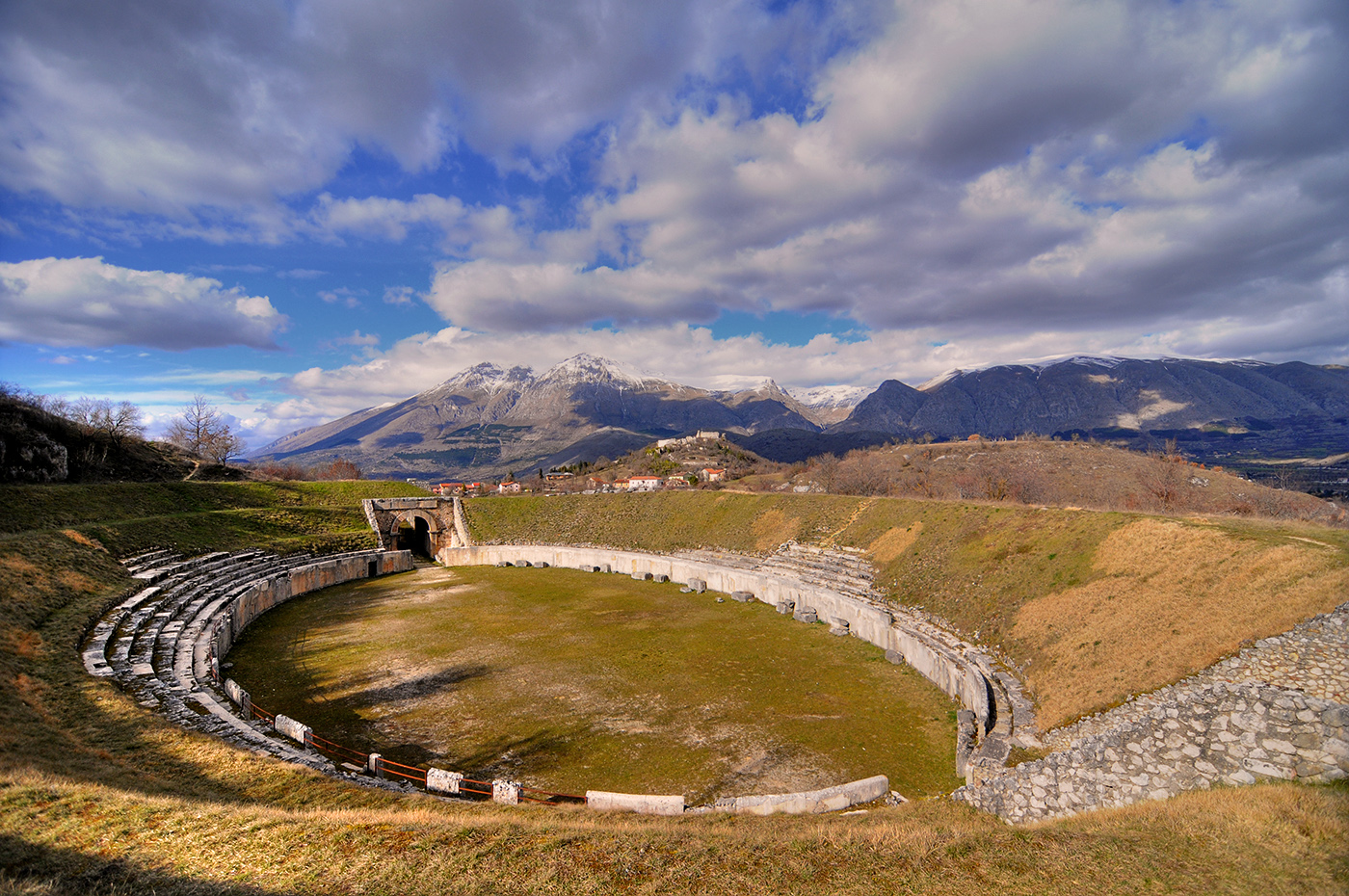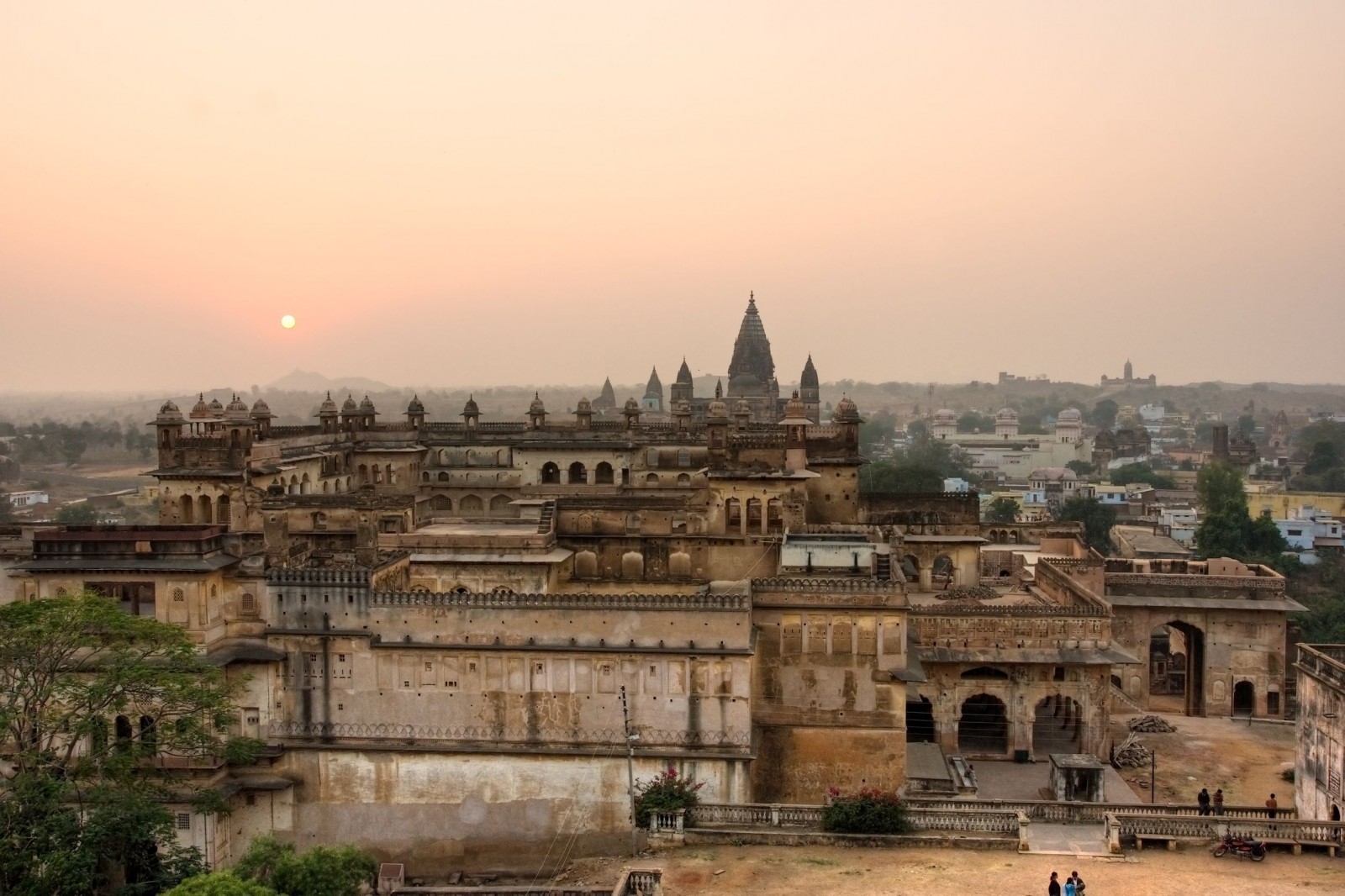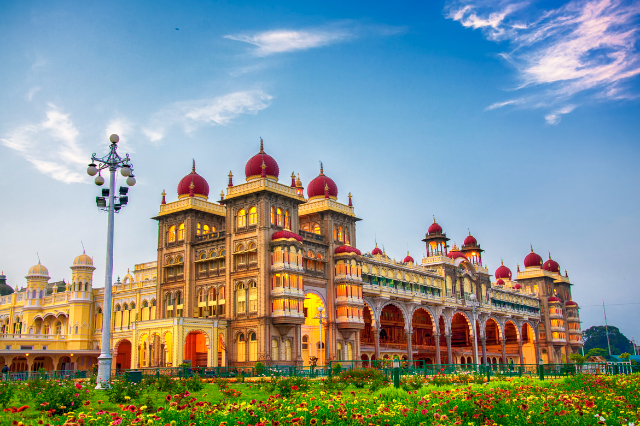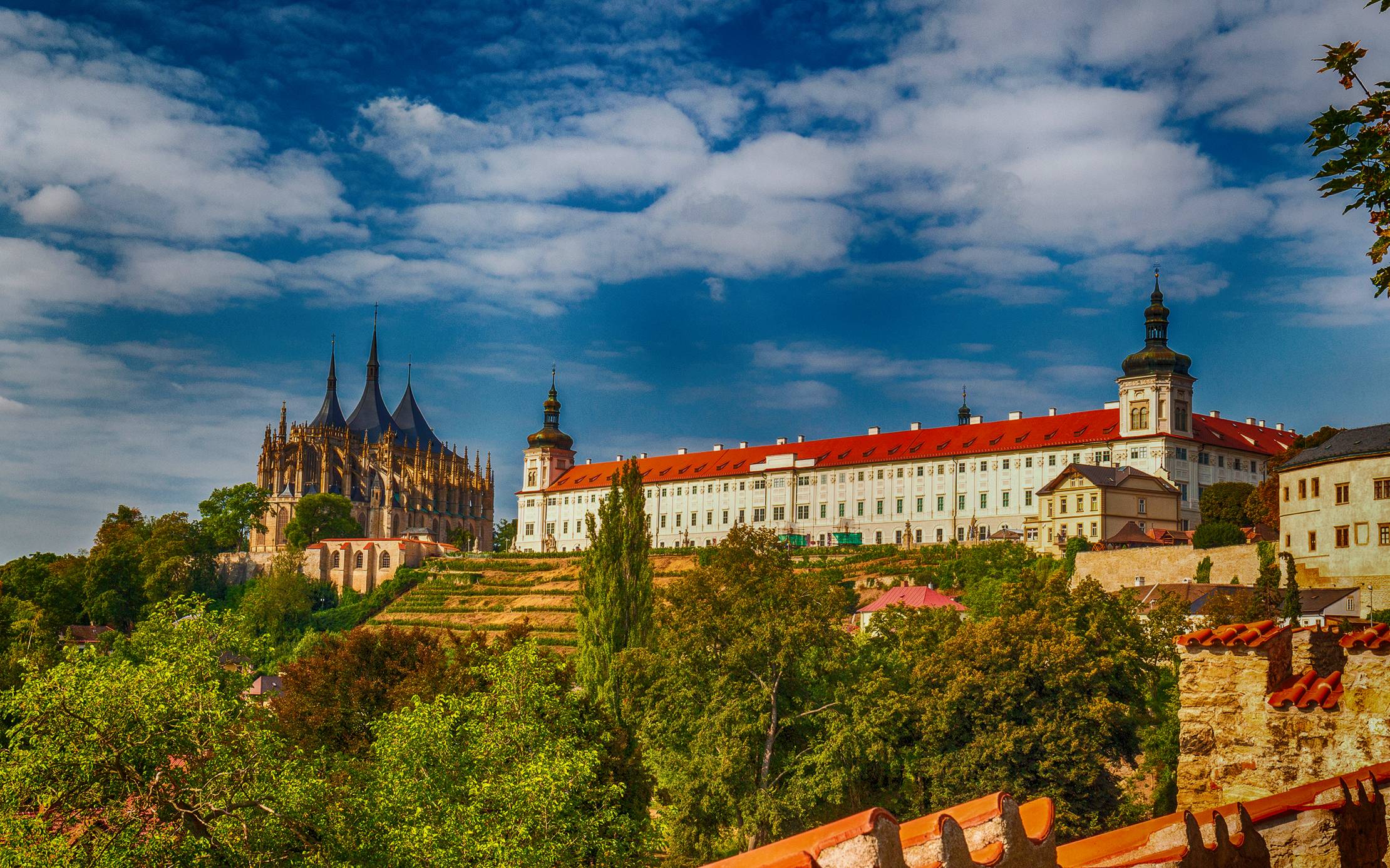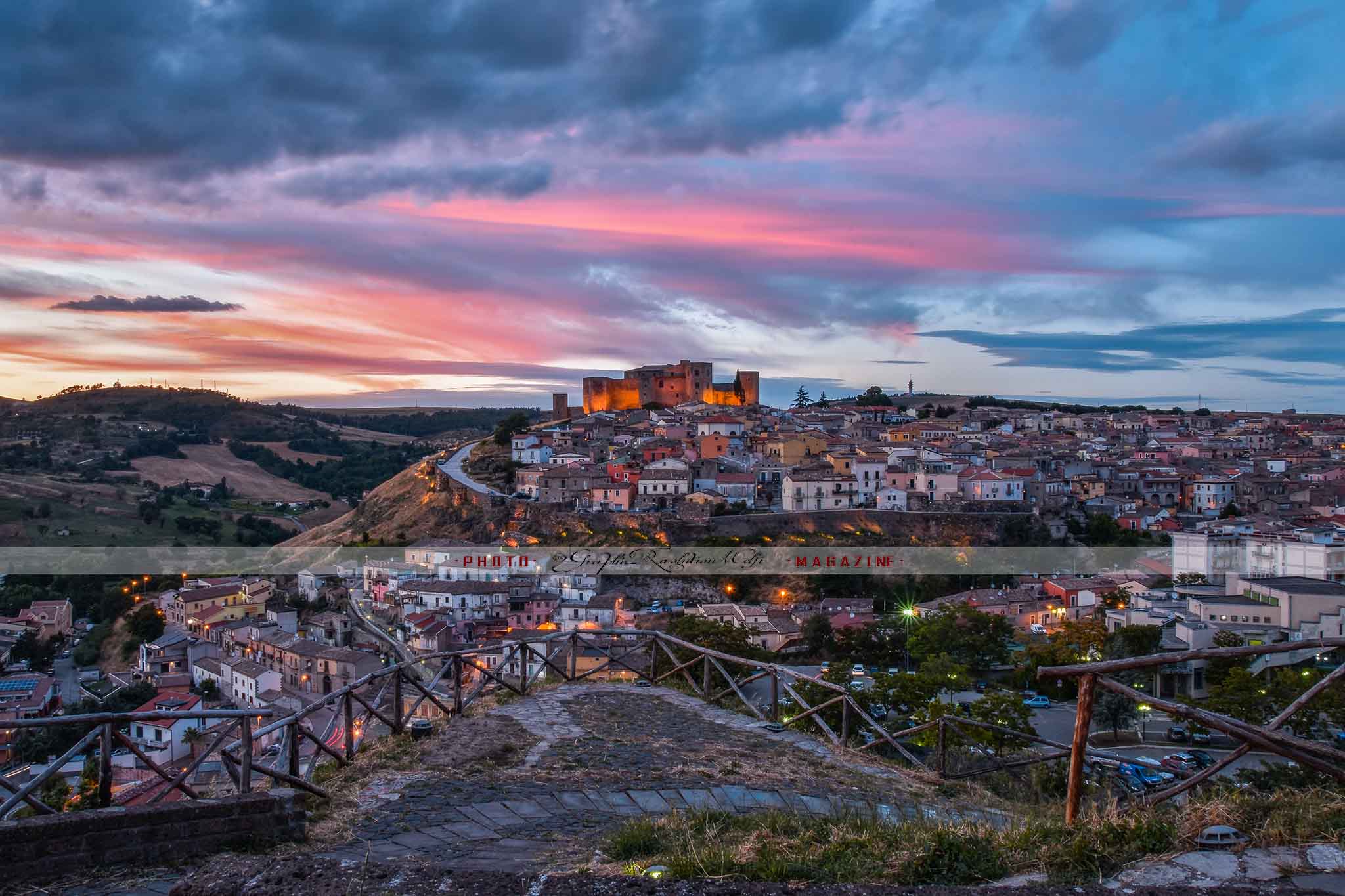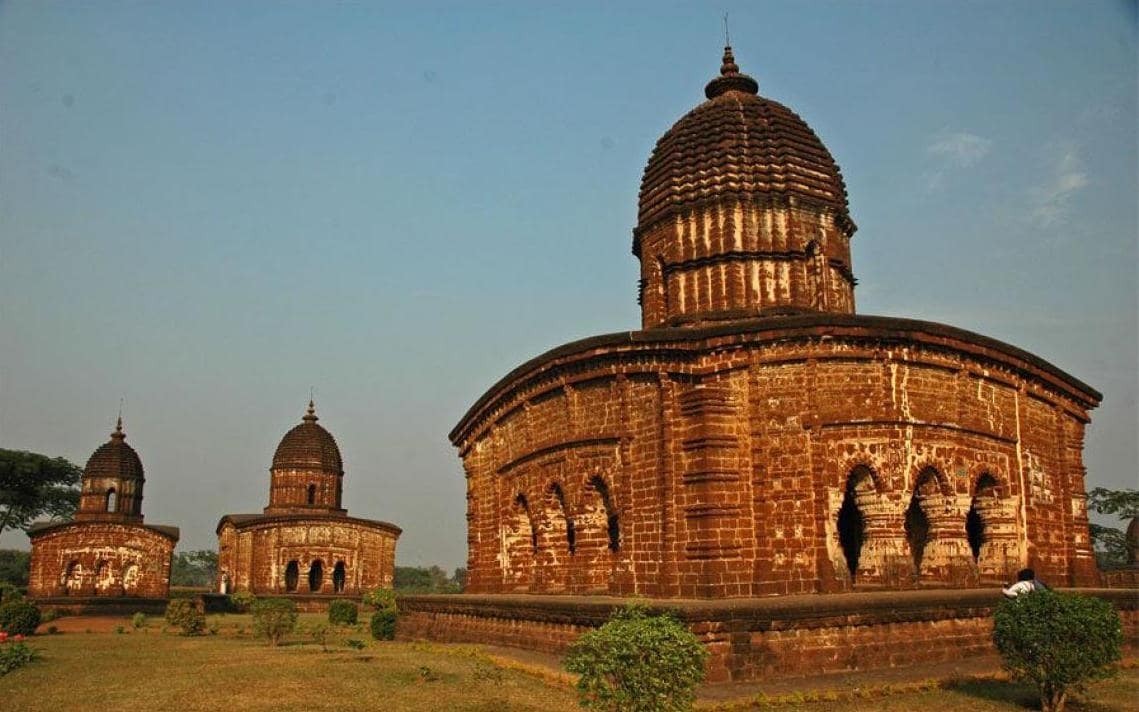Alba Fucens, an ancient Roman city at the foot of Mount Velino, in the province of L’Aquila, Abruzzo, is an archaeological jewel yet to be explored. The remains that have emerged from the excavations begun in 1949 by Fernand De Visscher are noteworthy. The city of Alba, given its strategic position at the intersection of the territories inhabited by the Marsi and Equi, was long disputed between the two peoples. It became a Roman colony in 303 B.C., but only later was it given the status of municipality.
Always allied with Rome, it defended against Hannibal in the second Punic War and remained faithful to it even during the Social War. For having taken Mario’s side against Silla, its territory was divided into lots (centuriation), and given to the veterans of the lieutenants of Silla. Involved in the war between Pompey and Caesar, the city became the stronghold of the anti-Cesarians commanded by Domizio Enobarbo who later surrendered to Caesar.
In the imperial age it was a rich and prosperous place as the archaeological remains testify, including an imposing amphitheatre commissioned by the prefect Macrone. The latter, condemned by Caligula, decided to commit suicide in order to avoid the confiscation of his property, but first, as a testamentary bequest, he had the amphitheatre built in Alba Fucens, his hometown. The amphitheatre, with excellent acoustics, is currently used for cultural events, concerts and theatrical performances of the great Greek and Latin classics.
